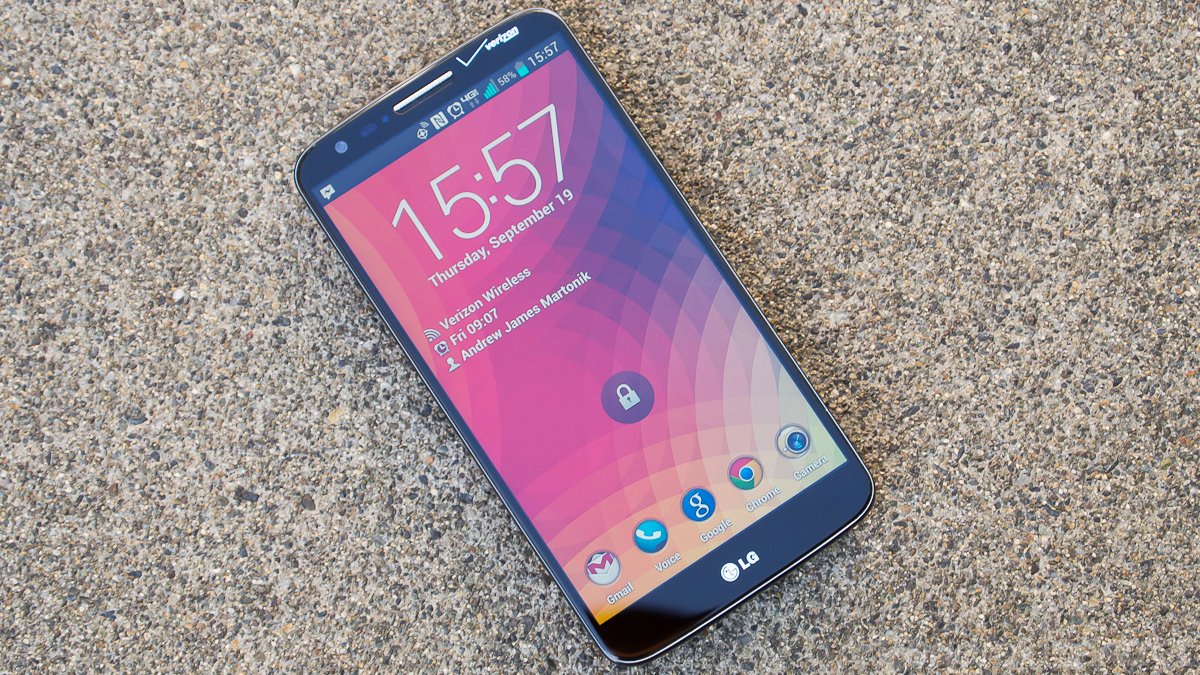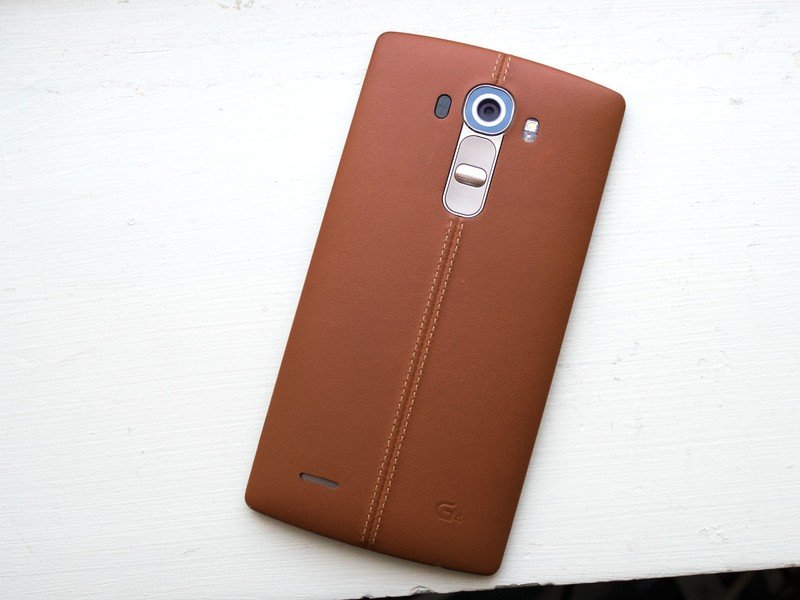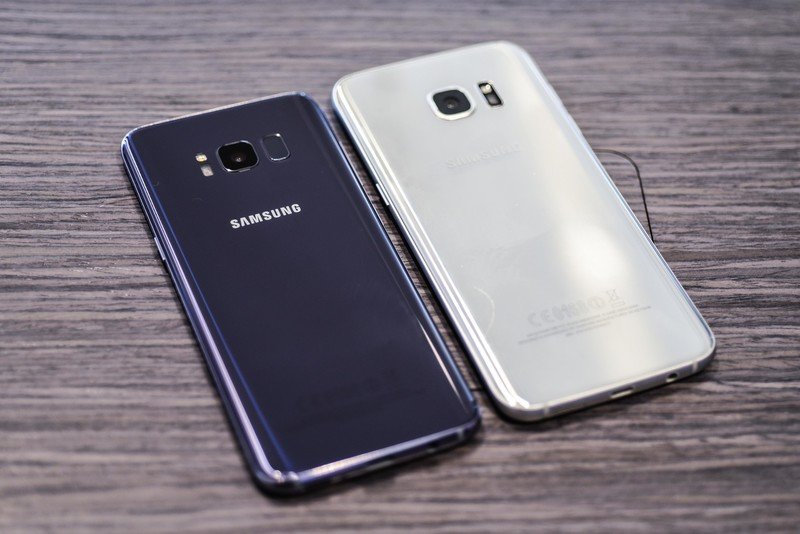Quit lyin' to yourself: Android sucked prior to 2017

I started using Android in 2008 with the T-Mobile G1, which was where it all began. Over the years I've used Android phones from just about every company that makes them, and it's pretty obvious that I'm a big fan of Google's operating system.
That's not always been easy. We all have an old phone we still love (for me it's the Nexus One) but you probably don't really want to use it again because of how bad Android was way back then. For all the great hardware features we miss — like headphone jacks, removable batteries, or even a kickstand — there is a list of things you probably hated.
There is nobody to really blame because Android is a huge undertaking and with a software project this big a lot of things are going to suck for a long time. All you need to do is look back at Windows Vista to see the similarities. But there was one extra bad thing thrown into the Android cauldron that has, thankfully, been tamed: carrier interference.

Verizon or AT&T aren't to blame for things like massive security holes or bootlooping or general laggy sh*t when all you wanted to do was use your phone. But they — and Google, who allowed this in the first place — are to blame for loading tons of crap you never used and didn't want onto your phone. Those apps would run in the background and there was even a cottage industry of people who would root your phone so you could do away with them for a fee.
Leather backs don't ease the pain of software bugs.
Companies who built the phones we used to love and hate don't get a free pass here, though. Heavy "skins" that were really bastardized versions of Android were the norm, and MotoBlue, TouchWiz, and HTC Sense made things worse as often as they made them better.
But really, we have to look at what Google has changed to see what was so bad. Restrictions on how apps and even bits of the operating system could run in the background can (and did) kill batteries, so Google has tightened the reins. Websites that trick you into installing malware used to love Android users, but clamping down on how apps are installed and providing a way to check the apps you did install happened. A lot of work was done to make Android itself run at 60 frames per second, too, so our phones didn't feel laggy as heck.

Right around 2017 though, an awesome thing happened. Carriers stopped (for the most part) flooding our phones with crapware, manufacturers started making their "skins" into useful additions to Android instead of a burden, and Android felt mature. We'll never know how the phone makers, the carriers, and Google got together or how much influence any of the three had on the outcome, but Android phones were starting to get really, really good.
Be an expert in 5 minutes
Get the latest news from Android Central, your trusted companion in the world of Android
The Galaxy S7 was the first great Android phone.
Compare a Galaxy S6 to a Galaxy S7 and you'll see a galaxy world of difference. The Galaxy S7 was the first phone that was just good all around. The battery life wasn't perfect and there were (and still are) duplicate apps from Samsung and Google, but the S7 and S7 edge were good phones. The first good Android phones, in my opinion, but not the only good Android phones.
The LG G6 was a good phone. The Moto G4 was a good phone. The first Pixel was a good phone. Every company in the Android ecosystem started making good Android phones. Fast forward to today, and we have ultra-high resolution screens, Gigabytes and Gigabytes of storage and memory, amazing cameras, and everything else that makes a phone a good piece of tech. Best of all we have an operating system that makes them great.
It's fun to look back and see all the old Android phones we used to have or the ones we wanted to have. But it's great to know that at the end of the day, we have a phone that doesn't suck because of the software and support.

Jerry is an amateur woodworker and struggling shade tree mechanic. There's nothing he can't take apart, but many things he can't reassemble. You'll find him writing and speaking his loud opinion on Android Central and occasionally on Threads.
